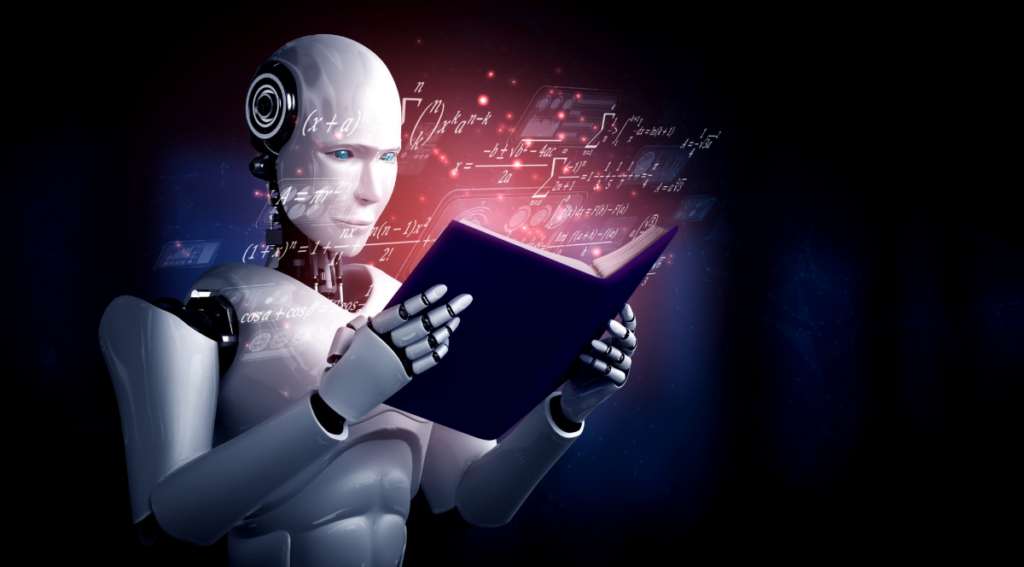Imagine a world where Artificial Intelligence (AI) has read everything – every book, every article, every webpage. In this future, AI algorithms have the ability to digest, understand, and apply the entirety of human knowledge. This scenario, while futuristic, is not entirely out of reach considering the current advancements in AI capabilities. In this article, we will delve into the implications of AI reading everything.
Overview of AI Reading Capabilities
AI has come a long way since its inception. With models like OpenAI’s GPT-3 and Google’s BERT, AI can now understand and generate human-like text, making sense of information in ways that were previously unthinkable. However, the idea of AI reading everything is still a budding concept. Despite the limitations, this notion holds immense potential and may revolutionize the way we understand and interact with information.
Potential Consequences of AI Reading Everything
A. Knowledge Synthesis and Comprehension
If AI were to read everything, it could potentially correlate and cross-reference information across a vast array of domains, leading to unexpected insights and breakthroughs. In the realm of research and science, this could accelerate knowledge discovery, unveiling correlations that the human mind may overlook due to the sheer volume of data.
B. Hyper-Personalization
AI that has read everything can provide hyper-personalized content and experiences. By understanding individual user preferences at an unprecedented scale, AI could offer tailored solutions, enhancing user experiences across various digital platforms. However, this also introduces ethical implications, especially concerning user privacy and data use.
C. Threat to Privacy and Security
While the promise of AI reading everything is enticing, it also poses serious threats to privacy and security. Without proper controls, AI could misuse the vast amount of personal data it has access to. Therefore, robust cybersecurity measures and privacy controls must accompany these technological advancements.

Ethical Implications and Regulatory Challenges
As AI capabilities advance, so do the ethical implications. Issues such as privacy, data ownership, and transparency come to the fore. Moreover, regulatory challenges are bound to increase, demanding robust legal frameworks to ensure the ethical use of AI.
Opportunities and Challenges in Implementation
Creating an AI that can read everything is a monumental task that is not without its challenges. From developing advanced machine learning algorithms to requiring vast computational resources, the path towards this goal is fraught with technical difficulties. However, the potential rewards make these challenges worthwhile.
Role of Stakeholders
The journey towards creating an AI that has read everything is not a solitary one. It requires the collective effort of researchers, developers, policy-makers, and society at large. Everyone has a role to play in ensuring the ethical and beneficial use of such powerful technology.
Conclusion
The prospect of AI reading everything opens a world of possibilities, from accelerated knowledge discovery to hyper-personalized experiences. However, this also presents significant challenges, primarily concerning ethics, privacy, and security. As we edge closer to making this a reality, it becomes increasingly vital to consider these implications, ensuring a future where AI is used responsibly and beneficially.




